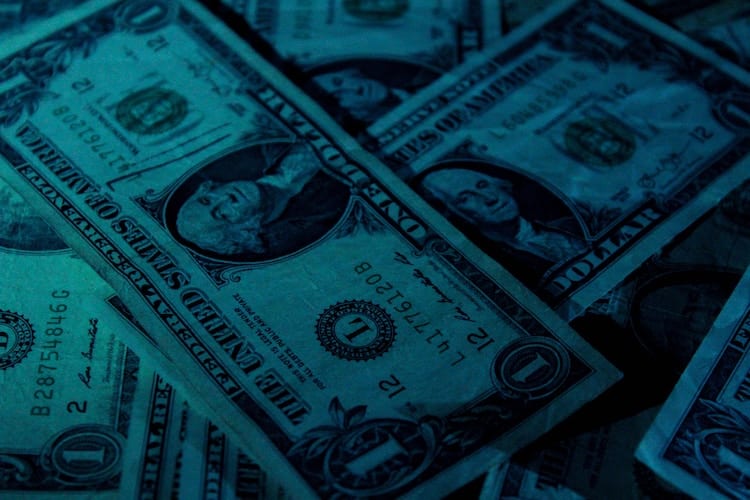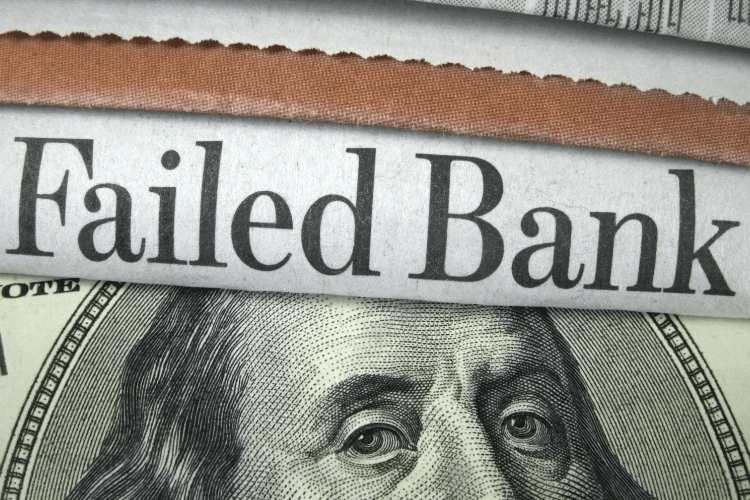What is Dark Money? What Does It Mean?

What do you get when you combine the complexities of money and politics? Dark money, a scary term that comes up every election cycle. The term is vague and spooky, but what does it actually mean? Is dark money bad, and how does it impact our country from behind the scenes?
What is Dark Money?
It’s no secret that political campaigns eat up massive amounts of money. What can be a secret sometimes is where that money comes from. This is what dark money is: political donations where the donor(s) and amount(s) are unknown.
For the most part, political spending needs to be disclosed. However, political nonprofits outside official campaigns and parties are less regulated. As a result, donors and donations can be kept a secret from the public.
As long as the organization is not coordinating with a campaign, it can donate unlimited amounts of money, allowing wealthy donors to get around contribution limits.
Dark Money In Action
Long story short, dark money is used to influence elections. For instance, many political ads are fueled by this kind of money, particularly attack ads. Senator Martha McSally (R-NM) has faced attack commercials from dark money groups in the lead up to her re-election bid in 2020. In Iowa, a dark money group called Women.Vote has aired ads supporting Senator Elizabeth Warren (D-MA) for president, despite Warren asking them to stop.
OpenSecrets, a campaign finance tracker, found that $181 million in dark funds were spent during the 2016 election cycle. Notably, Facebook has become particularly vulnerable to dark money ads.
The social media site requires very little disclosure to run political ads and does not verify the truth of those ads. Companies with patriotic sounding names posted attack ads on Facebook during the 2016 election, but it was impossible to trace who actually funded them.
Dark money ads, however, are a bit different than those run by campaigns. A campaign ad will directly encourage you to vote for a candidate, but dark ads can’t go quite that far. Instead, they can criticize or celebrate candidates without telling you who to vote for.
Why It Scares People
Dark donations are technically legal, but they fall into something of an ethical gray area. The fact that donations do not need to be disclosed, opens up a massive can of worms for potential issues because voters have no idea where the money comes from.
Knowing the big-money backers of a campaign can help people decide which candidate to support. Donors can obviously sway politicians. If their donors are secret from the public, voters might elect someone with hidden motives.
Without disclosure, rich individuals can influence elections without any risks or concerns. When donations are disclosed, donors and candidates can be held accountable while people are informed. Without major political reform, the loopholes that allow dark donations to exist won’t be closed any time soon.









